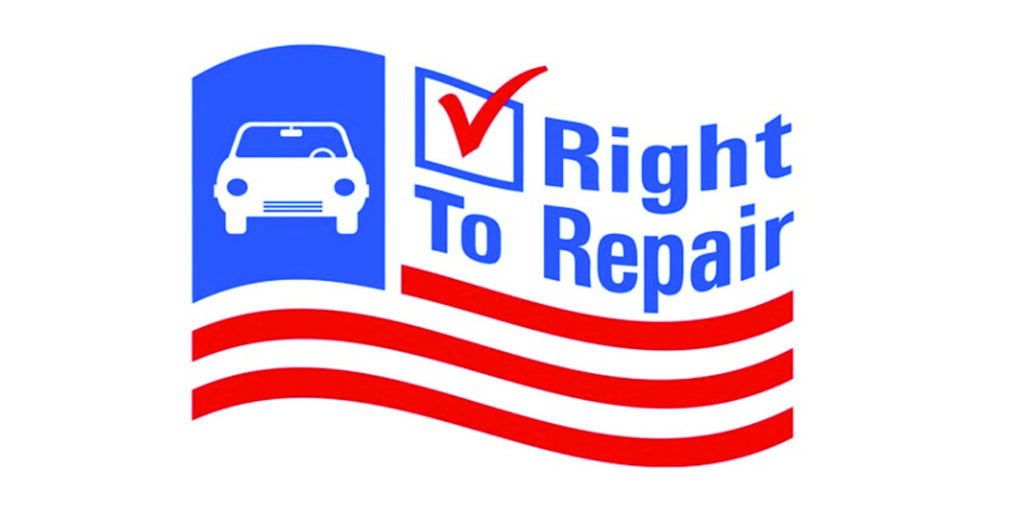President-elect Joe Biden is set to take office in January, and with this new administration, several issues affecting the automotive aftermarket will rise to the top on his agenda.
Of course, the coronavirus pandemic – and a potential stimulus bill – will be top of mind if one isn’t passed before the end of the year. Biden has said numerous times that tackling the coronavirus will be his first priority when he takes office. While the pandemic is an issue meriting immediate attention, other issues such as trade, tariffs, “clean” energy and infrastructure funding also will be on Biden’s list – and on the agenda of aftermarket associations.
But first …
The Senate race in Georgia has yet to be determined, which will affect whether Republicans or Democrats control the upper chamber of Congress, said Ann Wilson, senior vice president, government affairs, Motor & Equipment Manufacturers Association (MEMA).
“In the house, the Democrats lost some votes. In the Senate, obviously, no one party will have the magic 60 votes to cut off debate [filibuster], but the real question comes in Georgia,” she said. “Are we going to have a 50/50 Congress or a 49/51 split? That makes a massive difference on how we move forward on public policy.”
Without a clear majority, Vice President-elect Kamala Harris’s vote will be necessary to break any ties, Wilson said. Aaron Lowe, senior vice president of regulatory and government affairs at the Auto Care Association, said the composition of Congress may also force Biden to take administrative action through executive orders or changes in regulations on certain issues.
Handling the Coronavirus
Big issues surround a new coronavirus relief bill such as the continuation of the Paycheck Protection Program (PPP) in addition to addressing liability issues and the federal unemployment premium.
Wilson said a continuation of stimulus money for businesses through the PPP and the Main Street Lending Program this year would help reassure companies that they would get the help they need going into 2021. That is, if Congress can pass a bill before its recess on Dec. 21.
Lowe said the Auto Care Association is pushing for liability coverage in new coronavirus legislation for employers that are acting responsibly and taking precautions against COVID-19. While individual states have passed liability packages for businesses, no federal legislation to date gives businesses immunity from liability for COVID-19-related claims.
Wilson added that concerns around additional state and local government funding and widespread COVID-19 testing also will affect aftermarket businesses.
“I think that the business community needs to pay very close attention to what the vice president says she will do because part of it is to put more demands on businesses,” Wilson said. “And these are all going to come at a cost. They’re important ways for us to deal with the health pandemic, but they’re all going to come at a cost.”
Tariffs and Trade
Both MEMA and the Auto Care Association cited trade, especially with China, as a high priority for the aftermarket under the new administration.
Wilson said although Biden won’t likely address trade in his first year, MEMA will be pushing for more open dialogue with Canada and Mexico so that steel and aluminum quotas from these countries can be lifted. She added that the association also would like to see the administration take a deeper dive into the exclusion process on tariffs overall, as well as those on Chinese goods.
“We think we need this addressed immediately because these are costs for U.S. manufacturing, and if it’s a cost for U.S. manufacturing, it’s a cost for the U.S. consumer during a time where Biden has said he wants to address costs on American consumers.”
Lowe said while it’s unclear if tariffs on auto parts and other Chinese goods will stay under the Biden administration, it is likely that Biden will continue to address China’s unfair trade practices and look to bring back more manufacturing to U.S. soil.
“We’re totally supportive of trying to address trade issues with China. However, the tariffs have been tough on a lot of our members and have really impacted them negatively in a lot of cases,” he said. “We’re hoping for a more coherent strategy and that the administration will make it clear on what we’re trying to achieve. Having a very coherent and well-orchestrated approach to China trade issues would be very welcome.”
Infrastructure funding
A “highway bill,” also known as transportation reauthorization, also will provide Biden a platform to earmark funding for a myriad of transportation projects. Not only can it allocate money to state and local governments for certain projects, but it also could look at data access, fuel efficiency and emissions standards as well as funding for our nation’s highways, Wilson said. A renewal or overhaul of current funding would need to take place by October 2021.
“Our industry is dependent on getting parts to the right place at the right time,” Lowe said. “Making sure there’s infrastructure to make sure that happens is critical, whether it’s improving the ports so that parts can be brought in and exported more efficiently, or repairing our crumbling highway infrastructure, which creates issues in trucking and getting parts through the supply chain. We’d like to see some of those things get addressed through an infrastructure bill.”
Lowe also said that the Biden administration will focus on greenhouse-gas emissions and push toward more zero-emission vehicles. “The questions is not when, but how fast it will happen.”
Originally published in the December 2020 issue of AMN Magazine. Read the full issue here.











